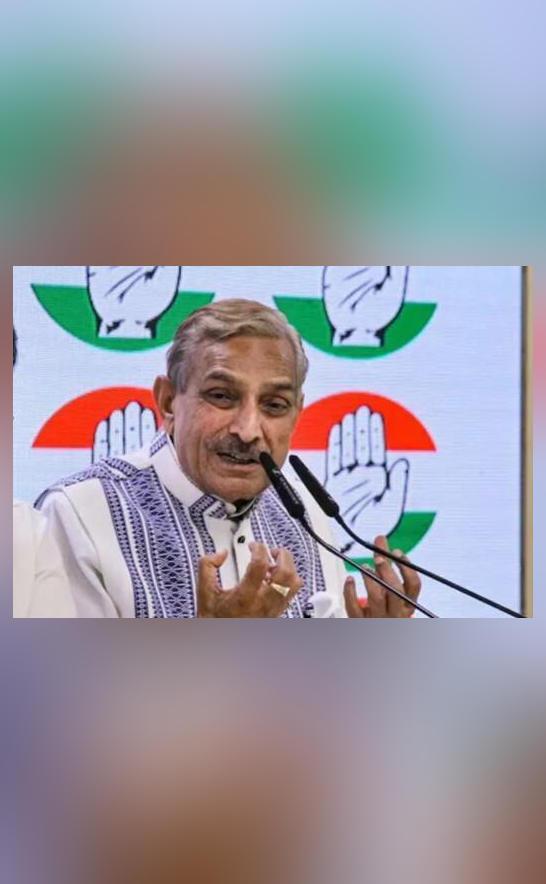
BJP Using Dishonest Tactics: Congress on Bihar Voter List Revision
The revision of electoral rolls in Bihar has become a contentious issue, with the Congress party questioning the motives behind it. Congress leader Pramod Tiwari has accused the Bharatiya Janata Party (BJP) of resorting to dishonest tactics in the revision process, out of fear of losing the upcoming Bihar Assembly polls.
The controversy arose when the Election Commission (EC) announced that it would not accept Aadhaar numbers or ration cards as proof of voter verification for the revision of electoral rolls in Bihar. The EC instead asked voters to submit memorandums from their respective political parties as proof of their identity.
Pramod Tiwari, a senior Congress leader, has slammed the BJP for its alleged role in the revision process. “If neither Aadhaar nor the ration card is acceptable (as proof of voter verification), then what is? A memorandum from the BJP office?” Tiwari asked.
Tiwari’s remarks come as the EC is set to hear a petition in the Supreme Court on the matter. The Congress leader has accused the BJP of attempting to manipulate the electoral rolls to its advantage, and has demanded a transparent and fair revision process.
The controversy has raised several questions about the motives behind the EC’s decision. Why has the EC suddenly changed its stance on accepting proof of identity for voter verification? And what is the basis for accepting memorandums from political parties as proof of identity?
The EC has defended its decision, stating that the memorandums are required to verify the identity of voters who do not possess any of the accepted documents. However, this explanation has been met with skepticism by opposition parties, who have accused the EC of favoring the BJP.
The revision of electoral rolls in Bihar is crucial, as the state is set to go to the polls later this year. The BJP is expected to face a tough contest from the opposition parties, including the Congress and the Rashtriya Janata Dal (RJD).
The controversy has also raised concerns about the integrity of the electoral process in Bihar. The EC has been accused of being biased towards the BJP, and the opposition parties have demanded that the commission take steps to ensure a free and fair election.
The Congress party has also accused the BJP of trying to disenfranchise voters who do not have the necessary documents to prove their identity. “The BJP is trying to disfranchise the poor and the marginalized sections of society by making it difficult for them to vote,” Tiwari said.
The controversy has also led to a spat between the EC and the opposition parties. The EC has accused the opposition parties of spreading misinformation and trying to create confusion among voters.
The BJP, on the other hand, has denied any allegations of wrongdoing. “The EC has taken a correct decision, and we have nothing to do with it,” said a BJP leader.
The controversy is likely to continue in the coming days, as the EC is set to hear the petition in the Supreme Court. The opposition parties are likely to press for a fair and transparent revision process, while the BJP is likely to continue to defend its stance.
In conclusion, the controversy surrounding the revision of electoral rolls in Bihar highlights the need for transparency and accountability in the electoral process. The EC must ensure that the revision process is fair and transparent, and that all voters have an equal opportunity to exercise their franchise.






